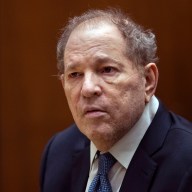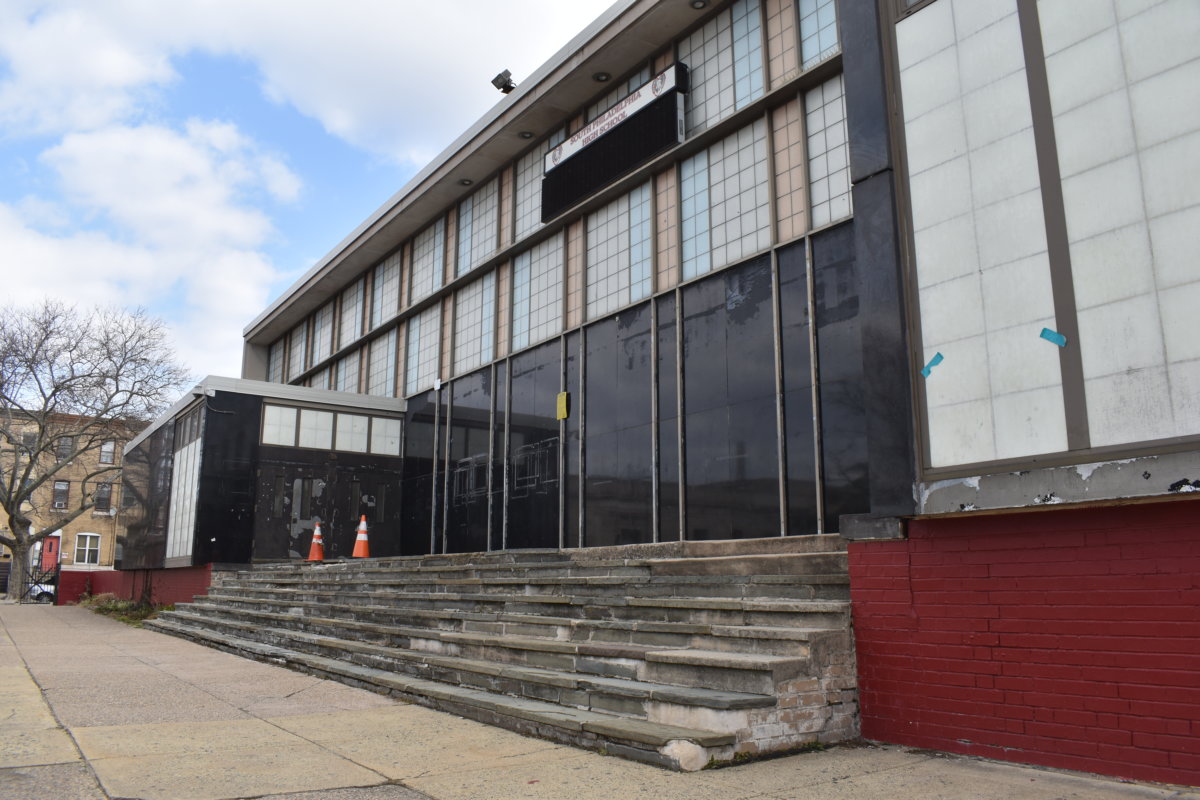The Food and Drug Administration has decided to prohibit bisphenol A (BPA) from baby bottles and sippy cups, the organization announced Tuesday.
BPA is a chemical that mimics estrogen in the body and is thought to contribute to a variety of medical conditions. It is commonly found in plastic bottles and cans of food and drinks. Plastics containing BPA often have the number 7 on the bottom of the container.
Despite declaring BPA safe in 2008 but then detailing the chemical’s possible health concerns in 2010, the FDA “continues to support the safety of BPA for use in products that hold food,” FDA spokesman Steven Immergut told the New York Times.
BPA has been known to permeate food. One study of over 2,000 people found that more than 90 percent of them carried BPA in their urine. The chemical has also shown up in breast milk, the blood of pregnant women and umbilical cord blood.
“This is a big day for everyone who has worked so hard to get BPA out of our sippy cups and baby bottles, especially the families who have lobbied the government to do the right thing for our kids,” said Jean Halloran, Director of Food Policy Initiatives for Consumers Union, the advocacy unit of Consumer Reports.
But for some advocates, this ban isn’t enough.
“This is only a baby step in the fight to eradicate BPA,” said Dr. Sarah Janssen, senior scientist in the public health program at National Resources Defense Council. “To truly protect the public, FDA needs to ban BPA from all food packaging. This half-hearted action—taken only after consumers shifted away from BPA in children’s products — is inadequate. FDA continues to dodge the bigger questions of BPA’s safety.”
















